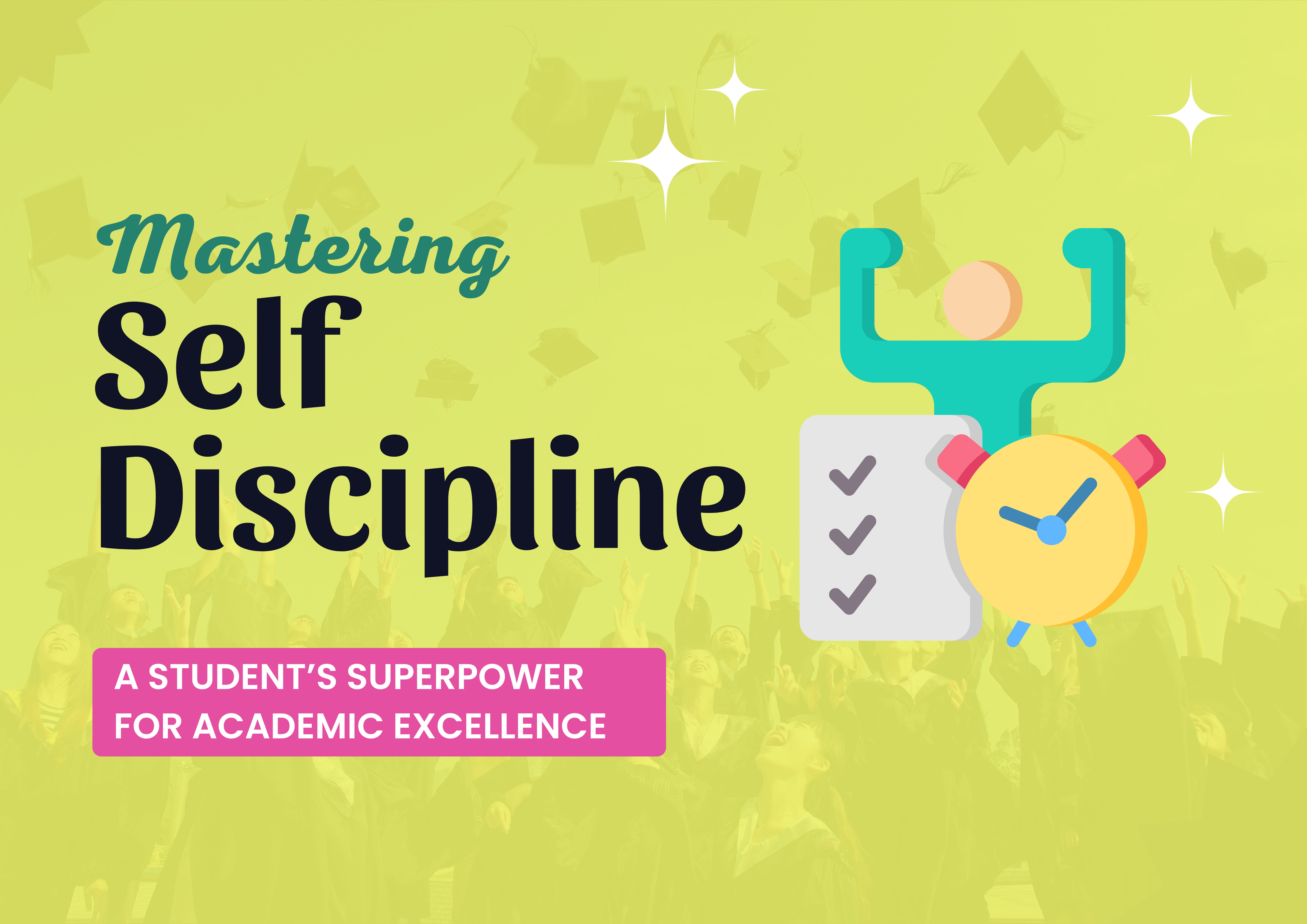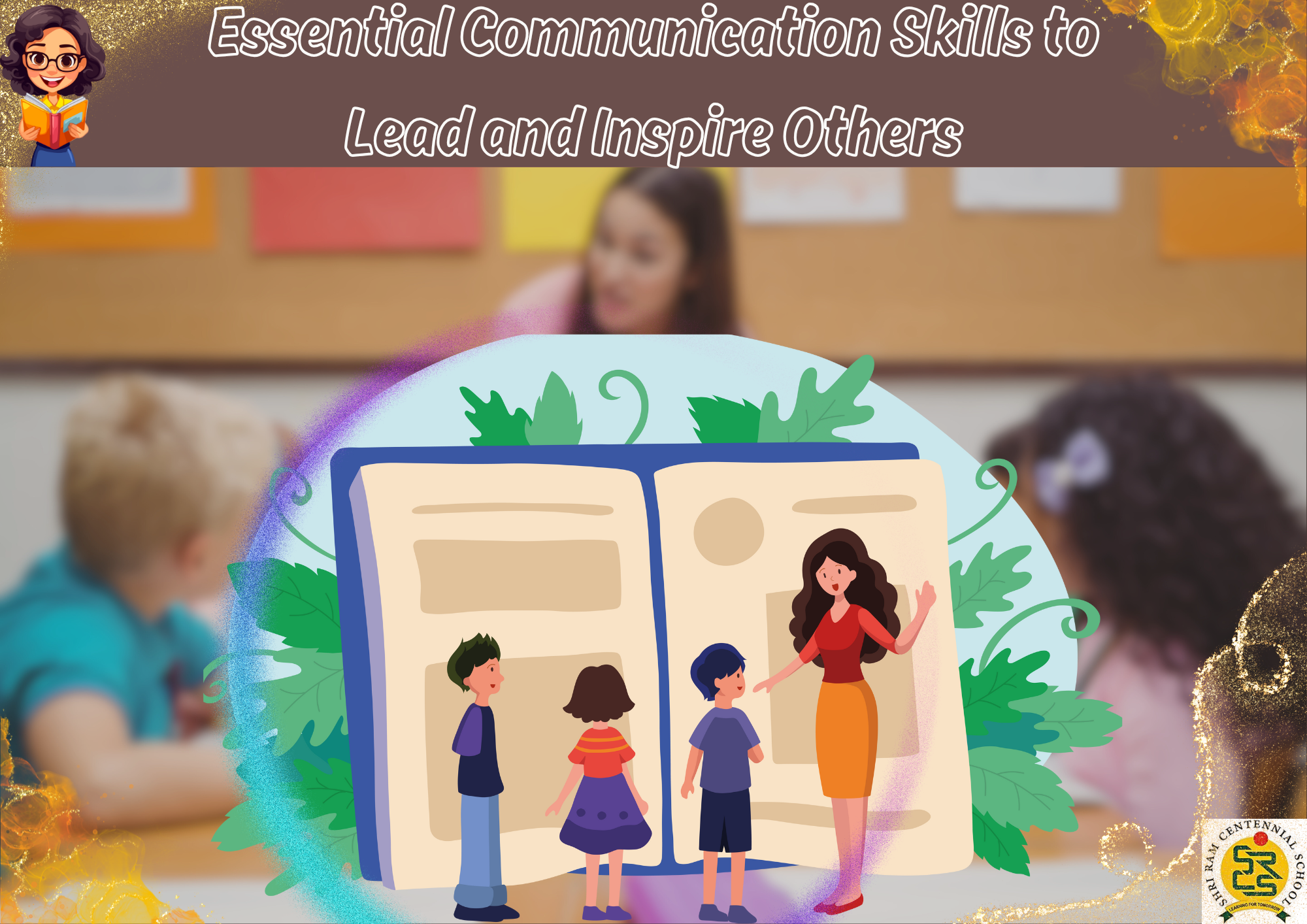Traditional educational systems have been the backbone of schooling for centuries. The approach typically focuses on structured curriculums, with students being taught through textbooks and lectures.
In this system, learning is often one-sided, with teachers being the primary source of knowledge and students expected to absorb information.
Boarding schools in Dehradun, like many others, follow this traditional system where classrooms are designed to impart academic learning, with less emphasis on communication skills or emotional intelligence.
While this method has its strengths, it often limits the development of essential interpersonal abilities that are crucial in the modern world.
In the traditional setting, Shri Ram Centennial School students are expected to memorize information and perform on exams, often at the expense of more holistic skills such as communication, leadership, and teamwork.
As we move forward, there is a growing realization that the educational system needs to evolve and include more emphasis on building communication skills. These skills, when nurtured from a young age, can have a profound impact on a student’s personal and professional development.
Boarding schools in Dehradun have recognized this shift, and many are adapting their curriculums to focus more on empowering students with the right tools for effective communication.
Essential Communication Skills to Lead and Inspire Others

In today’s fast-paced and interconnected world, the importance of communication skills cannot be overstated. Whether you are a student, teacher, or parent, the ability to communicate effectively is fundamental to success.
For students, developing communication skills is not only important for academic achievement but also for personal growth and leadership. These skills are key to building relationships, influencing others, and making an impact on the community. As future leaders, students must learn how to communicate effectively to lead and inspire others.
1. Active Listening: A Foundation of Effective Communication
Effective communication begins with active listening. The ability to listen attentively and respond thoughtfully is a crucial communication skill. In classrooms or boarding schools in Dehradun, students are often encouraged to engage in discussions where active listening is vital. By truly understanding the perspectives of others, students can respond more empathetically, fostering a positive learning environment. Active listening shows respect and builds trust, which are essential qualities for any leader.
2. Non-Verbal Communication: Expressing Through Actions
While words are important, non-verbal communication often speaks louder than what is said. Body language, facial expressions, and tone of voice are all essential aspects of communication skills that can influence how messages are received.
For students in boarding schools in Dehradun, becoming aware of their non-verbal cues can help them express confidence, establish rapport, and create meaningful connections with their peers and teachers. Leaders who excel in communication skills understand the power of non-verbal signals and use them to reinforce their message and motivate others.
3. Clarity and Conciseness: Making Your Message Count
In today’s world, information overload is a common challenge. Therefore, clarity and conciseness are key communication skills that every student should master. Whether in a classroom setting or in everyday interactions, being able to convey ideas simply and effectively makes communication more impactful.
Leaders who are able to express their thoughts clearly are more likely to inspire and motivate others. Boarding schools in Dehradun are increasingly focusing on helping students develop the ability to present their ideas succinctly, both in writing and speaking.
This ensures that students can effectively convey their thoughts, leading to greater influence in group settings.
4. Emotional Intelligence: Connecting with Others on a Deeper Level
Another essential aspect of communication skills is emotional intelligence (EI). EI is the ability to recognize, understand, and manage emotions in oneself and others. It plays a critical role in fostering strong relationships and building trust, which are necessary for leadership.
Students in boarding schools in Dehradun are encouraged to hone their emotional intelligence, as it helps them navigate complex social situations and resolve conflicts in a healthy manner. Leaders who possess high emotional intelligence are able to connect with others on a deeper level, making them more effective communicators and inspirational figures.
5. Adaptability: Tailoring Your Message to the Audience
Effective communicators are adaptable and able to tailor their messages to suit different audiences. This requires understanding the needs, preferences, and emotional states of the people you are communicating with.
For students, this is an essential communication skill that can make a big difference when interacting with teachers, peers, or parents. In a leadership context, adaptability allows a leader to connect with diverse groups of people, inspiring them with messages that resonate with their values and experiences.
Boarding schools in Dehradun often promote the development of this adaptability through various activities, such as group projects and leadership training, where students learn how to communicate effectively in diverse environments.
6. Confidence: Speaking Up and Leading the Way
Confidence is one of the most important communication skills that students need to develop in order to lead and inspire others. When students have confidence in their ideas and abilities, they are more likely to express themselves clearly and assertively.
This confidence is contagious and can inspire others to follow their lead. Boarding schools in Dehradun often provide students with opportunities to take on leadership roles in extracurricular activities, where they can practice speaking in front of groups, leading discussions, and making decisions with confidence.
Students who develop this skill will be better equipped to face challenges and inspire others to take action.
Conclusion: Building Strong Communication Skills for Future Success

In conclusion, communication skills are essential for anyone looking to lead and inspire others. Whether in a traditional educational system or a more modern setting like boarding schools in Dehradun, students must be equipped with the right tools to communicate effectively.
From active listening and non-verbal communication to emotional intelligence and adaptability, these skills are crucial for success in both academic and personal life. For students and parents alike, it’s important to recognize the value of these skills and invest in opportunities to develop them.
In doing so, students will be better prepared to face the future with confidence, build meaningful relationships, and lead with impact.









